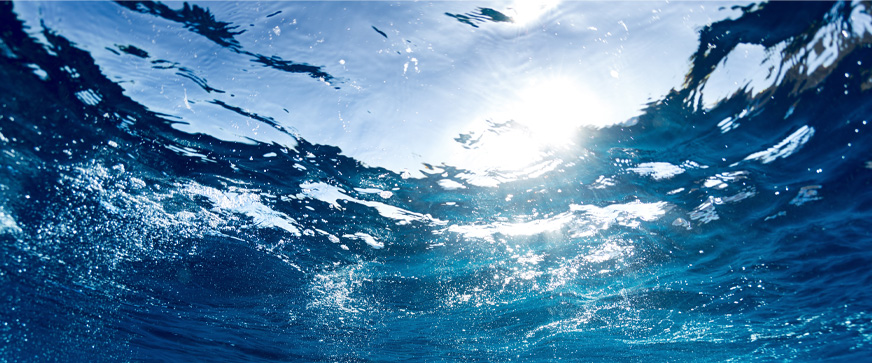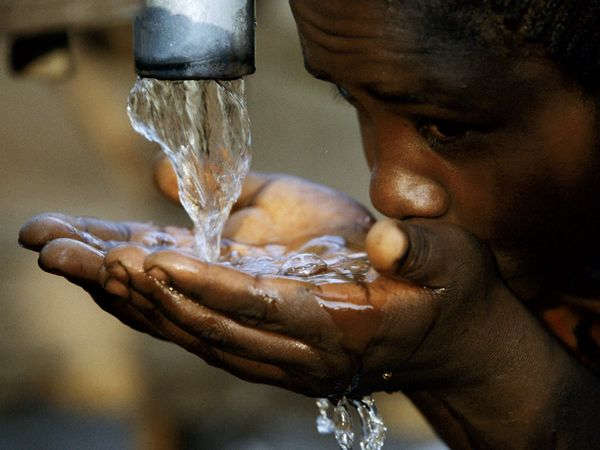The ocean deserves much better from humanity and the post-pandemic recovery must be about creating a better, blue-green future.
Before the Covid-19 crisis, in what some refer to as normality, we were on a clear trajectory towards environmental crisis. Progress towards the sustainable development goals was not up to expectations, while pollution and carbon emissions were continuing to soar. At the Madrid Climate COP last December, the UN Secretary-General told the world we were knowingly destroying the life support systems of this planet.
It is well known that the ocean bears the brunt of many harmful human activities. Ocean acidification due to the uptake of carbon dioxide threatens the growth of calcifying organisms and entire food chains. Huge amounts of human and agricultural waste wash into rivers and thereby the ocean. We have become all too familiar with horrific pictures of the death throes of marine creatures entangled in our discarded plastic.
Meanwhile the livelihoods of millions of people are jeopardized by overfishing and other unsustainable commercial activities in the ocean. In such a world, how is it that Sustainable Development Goal 14 (life below water) received among the least attention from the international community compared to the other SDGs.
The ocean deserves better, much better from humanity. Therefore, as we approach the end of the Covid pandemic, we strongly believe it is not a return to normality to which we should aspire. We need to build back better! The post-pandemic recovery must be about creating a better future, a blue-green future that turns its back on the destructive, polluting ways of our past. In full implementation of the UN’s 2030 Agenda for Sustainable Development we see the pathway to that future.
Everything is connected, and it is clear that no SDG can stand alone. Actions taken for one affect many others, and this is especially so for SDG14’s connection with SDG6 (ensure availability and sustainable management of water and sanitation for all), mainly due to land-based activities affecting the sea. The water cycle makes this an inescapable fact, with huge consequences for the safety and livelihoods of people living in coastal regions and economies depending on the ocean.
Be they upstream or downstream, as we set out to build back better, we must invest in projects that take us on a clean, blue-green recovery road. At this time, when decisions on massive financial commitments are in train, before the seal is set upon them, we have to ensure they do not take us back to the environmental crisis to which we were heading pre-pandemic.
The Source-to-Sea message is central to SDG14 and thereby to the UN Ocean Conference to be held in Lisbon. While we await the new dates for the Lisbon conference, we remain committed to advancing the implementation of SDG14, linked to SDG6, and associated goals. We are grateful so many stakeholders joined us on 22 April for the virtual High-Level Dialogue on Source-to-Sea that we organized and look forward to working closely with concerned communities as we move forward. We owe that to the ocean, to the lakes, rivers and groundwater, wetlands and deltas that keep us healthy. Let us show them the respect and thanks they deserve by building back better on a blue-green recovery road.
Source: Siwi.org




